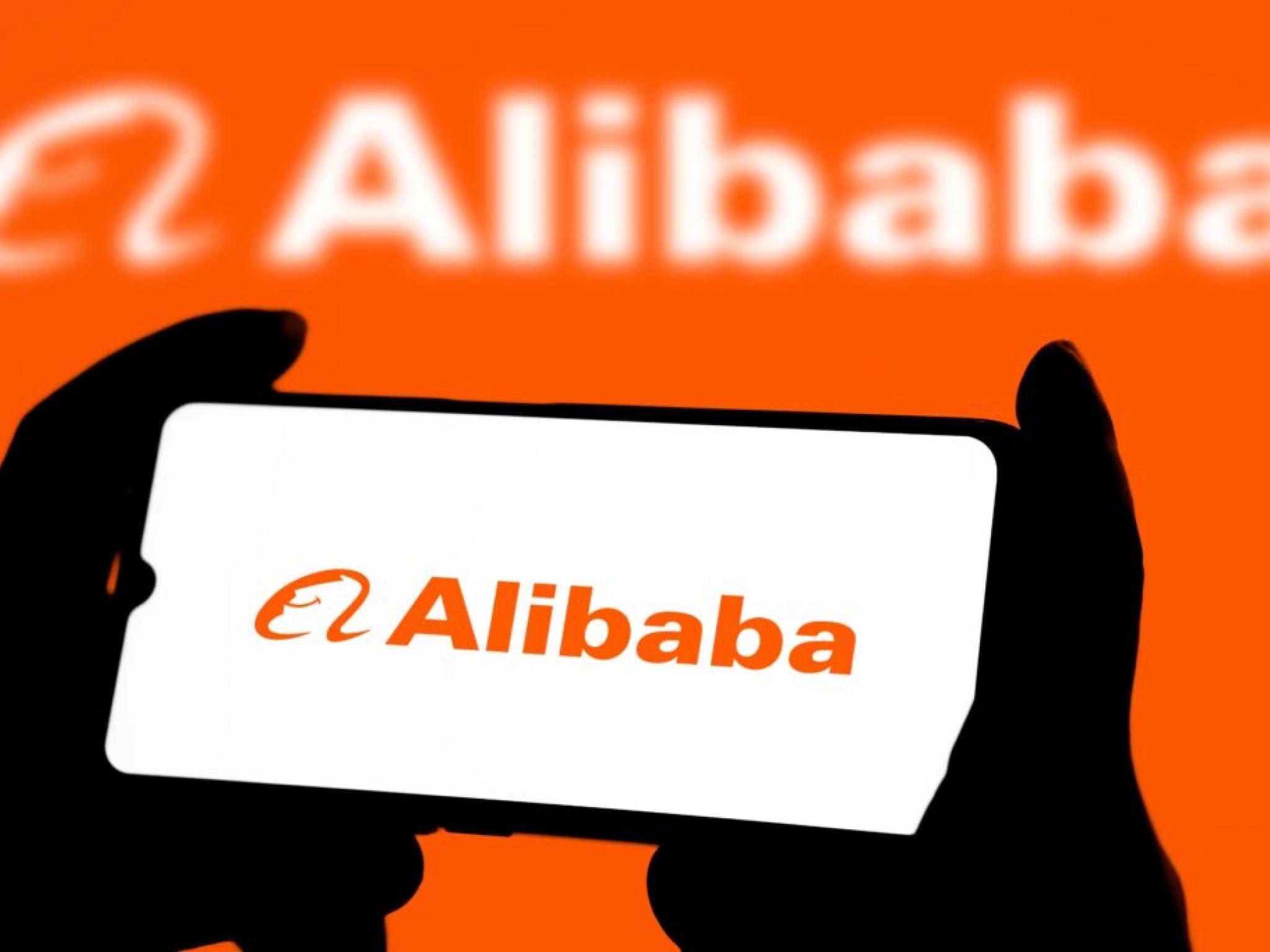Alibaba's High-Speed Comeback: The AI-Commerce Cocktail Lifting ETF Hopes
Author: Chandrima Sanyal | June 18, 2025 12:24pm
Alibaba might have flown under the radar recently, but two of its recent moves could position it as one of the most tantalizing names to watch in China-led ETFs. With a new push into next-gen artificial intelligence and an exploding instant commerce model already at 40 million orders per day, the Chinese technology behemoth is quietly rewriting its growth narrative — and, quite possibly, realigning the trajectories of several thematic ETFs along the way.
Let’s break down how Alibaba is combining AI innovation and retail reinvention into a double-barrel growth play that’s impossible to ignore.
Qwen 3: Alibaba’s AI Gets An Apple Upgrade
On Monday, Alibaba Cloud announced the Qwen 3 family of open-source AI models, per a Reuters report. They are powerful, multilingual, multi-modal, and include a feature that sets them apart in the competitive LLM race: complete compatibility with Apple’s new MLX machine learning platform.
This implies Qwen 3 models are able to operate natively on Apple devices such as iPhones, iPads, and Macs, a potential game-changer in China, where cloud AI is limited by aggressive data sovereignty regulations. By supporting on-device AI in harmony with local controls, Alibaba has reversed what was previously a bottleneck into a distribution benefit.
More significantly, it makes Alibaba not only another AI infrastructure vendor, but a prominent facilitator of consumer-facing AI in China, a space not yet fully addressed by most U.S.-centric AI ETFs.
Instant Commerce: 40 Million Daily Orders In Record Time
Prior to this, Alibaba also quietly introduced an enhanced “instant commerce” platform through Taobao on May 2, driven by its food delivery business, Ele.me. In a matter of weeks, the service reached 40 million daily transactions, providing one-hour grocery delivery for consumers, as well as meals and lifestyle products.
It also keeps Alibaba ahead of legacy e-commerce players, whose growth is decelerating due to macro headwinds and increasing consumer fatigue. Instant commerce offers repeat use, increased conversion, and cross-category monetization, music to the ears of ETF managers.
Why ETFs Must Take Notice
Alibaba’s double-down on instant retail and AI exactly aligns with two hot ETF themes: next-gen technology and digital consumer expenditures. The firm is a leading name in most China-biased ETFs:
- KraneShares CSI China Internet ETF (NYSE:KWEB) – 9.10% Alibaba exposure
- iShares MSCI China ETF (NASDAQ:MCHI) – 10%
- Invesco Golden Dragon China ETF (NASDAQ:PGJ) – 7.38%
- Franklin FTSE China ETF (NYSE:FLCH) – 8.99%
While the rest of the world’s AI ETFs, like Global X AI & Technology ETF (NASDAQ:AIQ) and WisdomTree AI & Innovation Fund (BATS:WTAI), remain dominated by U.S. exposure, that may now change with Alibaba venturing into open-source territory.
That could be the prelude to more widespread China tech rerating, particularly as investors seek out AI plays beyond Nvidia Corp (NASDAQ:NVDA) and e-commerce tales beyond Amazon.com Inc (NASDAQ:AMZN).
The Bottom Line
What sets Alibaba apart here is not simply that it’s playing both in AI and retail but that it’s connecting them strategically. On-device Qwen models might one day drive personalized shopping recommendations, voice-commerce, or even AI-enhanced delivery services within its platform.
That is to say, BABA isn’t merely pursuing trends. It’s creating connective tissue among them.
For ETF investors, it’s a rare occurrence, exposure to two high-growth verticals through one single, large-cap anchor.
Read Next:
Photo: Mamun_Sheikh/Shutterstock
Posted In: AIQ AMZN FLCH KWEB MCHI NVDA PGJ WTAI





